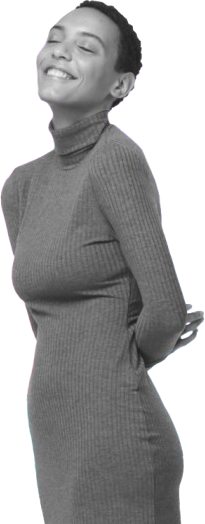
GetMyFirstJob Ambassador Network
Join Us in Empowering the Next Generation.
The GetMyFirstJob Ambassador Network is dedicated to inspiring young individuals as they explore their career goals.
Our passionate ambassadors come from various backgrounds and industries, sharing their personal journeys, experiences, and valuable career insights. By fostering these connections, we empower the next generation to make informed decisions about their future and explore a wide range of opportunities, from apprenticeships to internships and full-time roles.
Meet Our Ambassadors
Curious about the paths that can lead to success? Click on the profiles of our ambassadors to discover their unique stories, challenges, and triumphs. These role models represent a diverse array of career trajectories, including apprenticeships, bootcamps, work experience and graduated. Each of our Ambassadors give you a window into the possibilities awaiting you after school, college, training or further education, showcasing how our ambassadors have navigated their journey to careers they love.
Together, We're Opening Doors!
Dive into the world of possibilities with the GetMyFirstJob Ambassador Network. As you explore our ambassadors stories, you will gain valuable insights and inspiration to carve your unique path to success.
- Unlock Your Potential:
In today's fast-evolving job market, discovering where your passions align with opportunities is crucial. Our ambassadors provide a wealth of knowledge on various industries, helping you understand the skills and qualifications needed to thrive.
- Access Resources and Guidance
Beyond their personal stories, our ambassadors are equipped to offer advice on how to navigate career fairs, resume building, job interviews, and networking strategies. They'll guide you to resources that can enhance your employability and prepare you for the professional world.
- Join the Conversation
Become part of a supportive community that values collaboration and growth. Engage with our ambassadors through Q&A sessions, workshops, and online forums tailored for young people eager to learn and connect.
Get Inspired, Get Involved!
Whether you're a student exploring your options or a parent looking for guidance on how to support your child's ambitions, the GetMyFirstJob Ambassador Network is here to help illuminate the path ahead. Join us to discover, connect, and take the first steps toward your dream career!
Find your digital career
Your hub for jobs, support and guidance for your digital career
